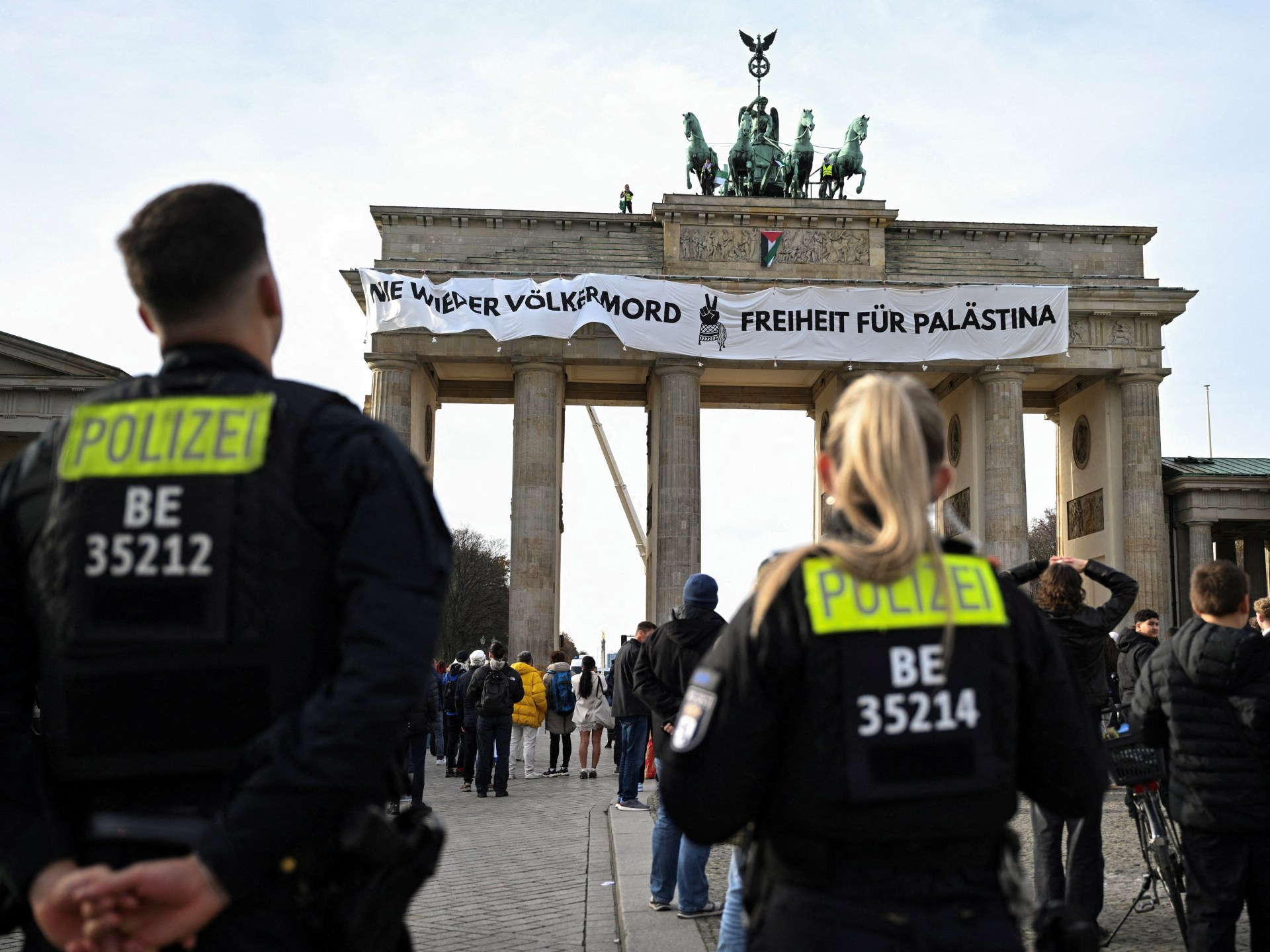Pro-Palestine Conference Organizers Sue Berlin Over Event Shutdown, Alleging Unlawful Repression & Free Speech Violations
 Germany
Law & Politics
Germany
Law & Politics

Organizers of a pro-Palestine conference are suing Berlin authorities over the event's April 2024 shutdown, citing unlawful police action and free speech violat
Pro-Palestine Conference Organizers Challenge Berlin Shutdown in Court
Organizers of a pro-Palestine conference are taking Berlin authorities to court, challenging the abrupt shutdown of their event last April. The lawsuit, set to be heard by a panel of judges at the Berlin Administrative Court, seeks a ruling that police acted unlawfully in repressing the 'Palestine Congress'—a gathering designed for solidarity activists and human rights experts to discuss Israel's actions in Gaza and Germany's alleged complicity.
The Controversial Shutdown Unfolds
The event, held on April 12, 2024, saw hundreds of riot-gear clad officers descend upon the venue, cutting power to prevent speeches and livestreams. This drastic measure, occurring an hour into the conference, has been deemed unprecedented by the organizers' lawyer, Michael Ploese, who highlighted that no crime had been committed prior to the intervention. Ploese argues that German law permits restrictions on private gatherings only when there's a high probability of a criminal act, with freedom of expression typically taking precedence.
The State of Berlin, however, defends the police action as preemptive. They contend that there was a reasonable prediction of criminal statements, specifically incitement to hatred or the use of symbols of unconstitutional organizations. A key part of their justification stems from a pre-event news conference where organizers allegedly did not distance themselves from the October 7, 2023, Hamas-led incursion into southern Israel.
Speakers Barred and Broader Implications
Adding to the controversy, prominent international speakers faced entry bans. British Palestinian doctor Ghassan Abu Sittah was prevented from entering Berlin, while Greek economist and former finance minister Yanis Varoufakis faced a similar ban. Although a Berlin Administrative Court later ruled Abu Sittah's political activity ban unlawful, these incidents underscore broader concerns about freedom of speech.
Wieland Hoban, chair of Juedische Stimme (Jewish Voice) — a group of Jewish peace activists critical of Israeli policies and a sister organization to a US collective — was among the organizers. He expressed surprise at the rapid shutdown, noting the irony of German laws being used against Jewish individuals advocating for Palestine, even those with family ties to the Holocaust. He criticized the German tendency to accuse critics of 'relativierung' (downplaying the Holocaust) for drawing comparisons to other crimes against humanity.
Germany's Stance Under Scrutiny
Germany's robust diplomatic support for Israel in Europe has led to strict limitations on speech critical of Israel, often justified by its historical responsibility for the Holocaust. This stance has attracted international scrutiny, with United Nations experts last month expressing alarm over a "pattern of police violence and apparent suppression of Palestine solidarity activism by Germany."
If the court rules in favor of the conference organizers, it would deliver a significant blow to Germany's controversial approach. While police force against outdoor pro-Gaza protests has been globally documented, the silencing of an indoor event focused on talks and debates represents a critical escalation in the repression of political expression, challenging long-held legal boundaries.